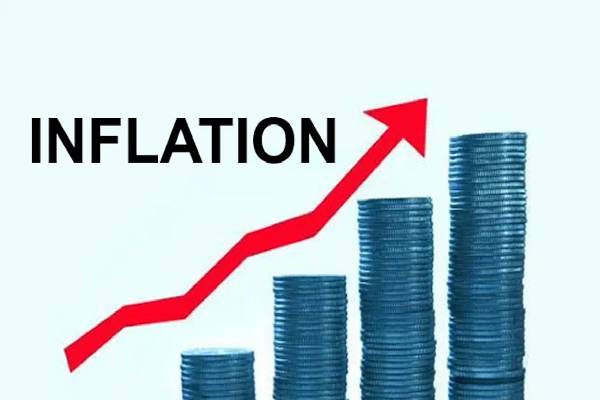The National Bureau of Statistics (NBS) has revealed that Nigeria’s annual inflation rate surged to 26.72 percent in September 2023, making it the highest level in almost two decades, worsening the cost of living crisis in the country. The September inflation rate rose for a ninth straight month from August's 25.8%, as stated by the NBS on Monday, with millions of Nigerians impoverished due to the impact of President Bola Tinubu's reforms.
Food inflation, making up the bulk of Nigeria's inflation basket, rose to 30.64% in September from 29.34% in August.
The upsurge in inflation is mainly linked to the removal of petrol subsidies and the devaluation of the official exchange rate, both exerting substantial impacts on consumer prices.
The central bank "has an unenviable inflation task and will need to respond with aggressive monetary tightening," said David Omojomolo, Africa economist at research firm Capital Economics. "Our expectation is that the inflation picture will continue to worsen. The impact of the removal of fuel subsidies will continue to push up on inflation while the naira’s devaluation will also continue to feed through," he said.
Inflation in Nigeria has risen to double-digits since 2016, eroding incomes and savings, and may prompt the central bank to raise interest rates, which are already at their highest in nearly two decades, at its next meeting. Annual inflation is at its highest now since 2005.
"The rise in food inflation on a year-on-year basis was caused by increases in prices of oil and fat, bread and cereals, potatoes, yam and other tubers, fish, fruit, meat, vegetables, and milk, cheese, and eggs," the NBS said.
Economic analysts said naira depreciation, higher food, and energy prices, and logistical costs were some of the key drivers of Nigeria's inflation.
It was reported that last week the central bank, under new Governor Olayemi Cardoso, pledged to intervene in the country's foreign exchange market occasionally to boost liquidity, after ending an eight-year restriction on 43 items, including rice, poultry and cement, from accessing foreign exchange on the official window.
The central bank hiked rates by a smaller-than-expected margin at its last meeting in July, contrary to analysts' forecast. Some analysts expect a more hawkish stance under Cardoso at the bank's next rate-setting meeting.



















